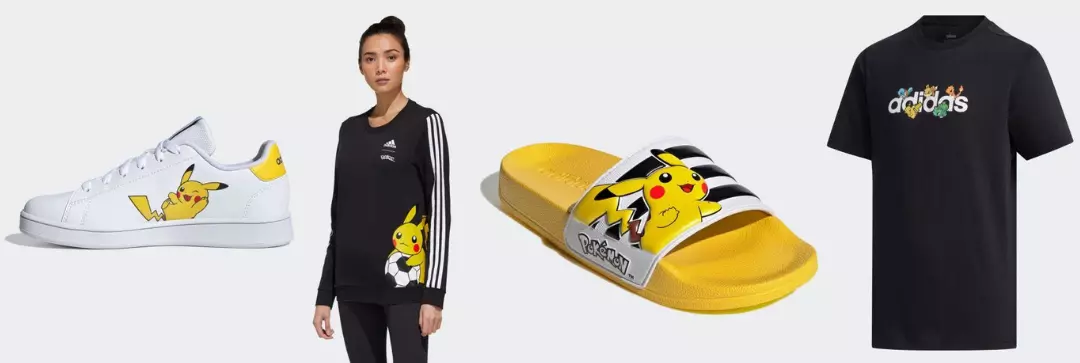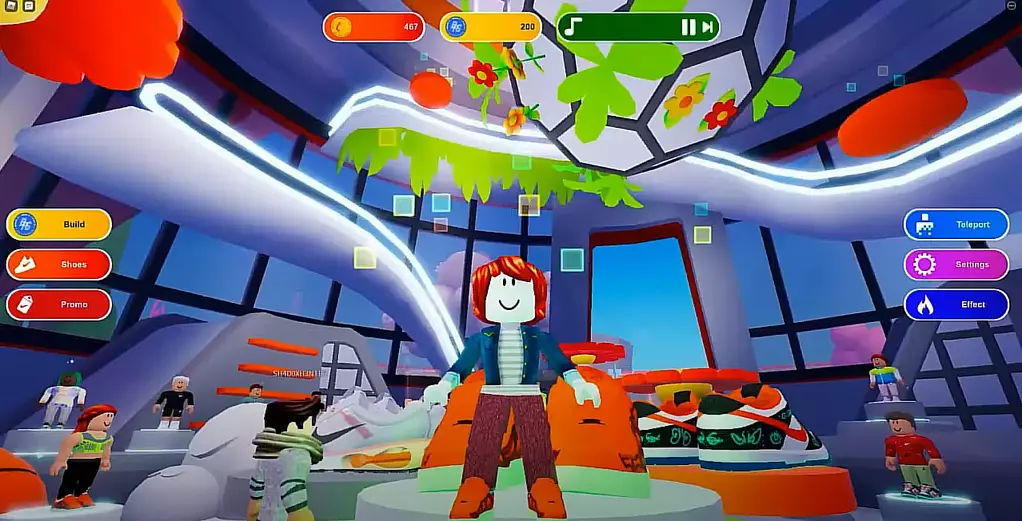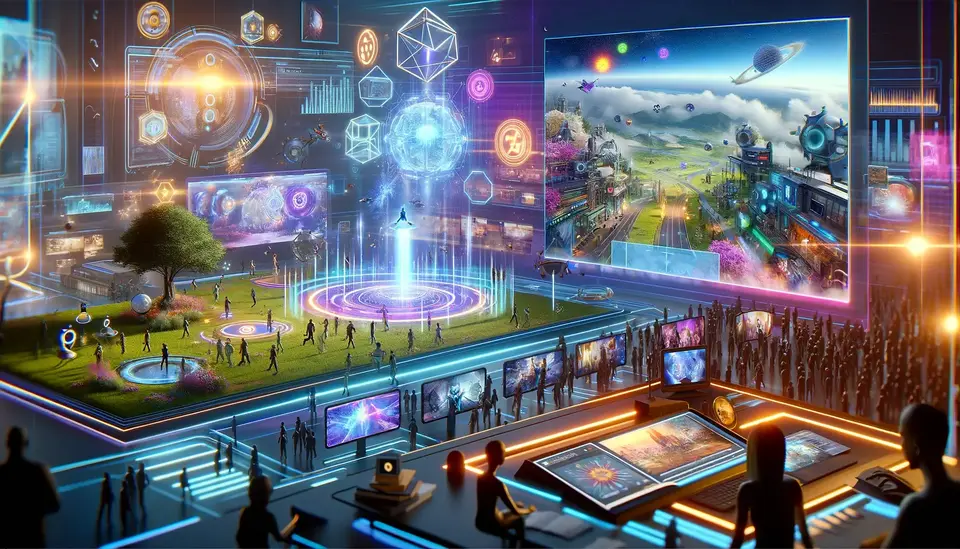Real Examples and Use Cases of Metaverse in Retail
Posted on May 12, 2023 5 minutes 911 words
Table of contents
The metaverse, a digital universe where the physical and virtual worlds converge, has become a topic of great interest among various industries. Its unique ability to create immersive and interactive experiences is revolutionizing the way businesses operate, especially in the retail sector. In this blog post, we will explore how the metaverse is transforming the retail industry and enhancing customer experiences by diving into real examples and use cases.
Virtual Shopping Experiences
The metaverse enables brands to create virtual stores that offer an immersive and interactive shopping experience. Customers can navigate these digital spaces, explore 3D versions of products, and even make purchases.
Nike’s virtual store in Roblox
Nike recently opened a virtual store on the popular gaming platform Roblox. The immersive space, known as Nikeland, allows users to browse and purchase digital Nike products for their avatars, participate in various activities, and even attend virtual events.
Balenciaga’s shopping experience in Fortnite
Luxury fashion brand Balenciaga collaborated with the gaming platform Fortnite to create an immersive virtual shopping experience. Players can purchase Balenciaga outfits for their in-game characters and attend a virtual fashion show within the game.
Collaborative Shopping
The metaverse enables friends and family members to shop together in a virtual environment, even if they are physically apart. This collaborative shopping experience fosters social interaction and adds a new dimension to online shopping.
Gather Online
Gather Online is a virtual platform that allows users to create customized digital spaces. Retailers can use this platform to create virtual stores, where customers can invite friends and family to shop together, interact with each other using avatars, and make collective purchase decisions.
Spatial
Spatial is an augmented reality platform that enables users to create holographic avatars and interact in virtual spaces. Retailers can leverage this technology to offer collaborative shopping experiences, where customers can virtually try on clothes together and get real-time feedback from friends.
Augmented Reality (AR) Product Trials
AR technology is being used in retail to offer virtual product trials, allowing customers to virtually try on clothes, makeup, and other items without having to visit a physical store.
Warby Parker’s Virtual Try-On
Eyewear brand Warby Parker offers a Virtual Try-On feature on their mobile app, allowing customers to virtually try on glasses using their smartphone camera. This innovative AR feature helps customers find the perfect pair without stepping into a store.
L’Oréal’s Modiface AR app
L’Oréal’s Modiface app uses AR technology to allow users to virtually try on makeup products. By simply scanning their face using a smartphone camera, users can see how different makeup products and shades will look on their skin, making online makeup shopping more accurate and personalized.
Personalized Recommendations and AI Stylists
AI and data analytics are being used in the metaverse to provide personalized product recommendations, helping customers find the perfect items based on their preferences and needs.
Stitch Fix
Stitch Fix is an online styling service that uses AI and machine learning algorithms to curate personalized clothing recommendations for customers. Users fill out a style profile, and the AI-powered system selects items based on their preferences, size, and budget.
Amazon’s StyleSnap
Amazon’s StyleSnap is an AI-powered feature within the Amazon app that offers personalized recommendations. Users can upload a photo of an outfit they like, and StyleSnap will generate a list of similar items available on Amazon.
Gamification and Reward Systems
Brands are leveraging gamification elements in the metaverse to drive customer engagement and loyalty. By incorporating gaming mechanics into the shopping experience, retailers can encourage customers to spend more time interacting with their brand and earn rewards.
Adidas x Pokémon Go collaboration
Adidas partnered with the popular augmented reality game Pokémon Go to create a unique gamified shopping experience. Players could collect exclusive in-game items by visiting Adidas stores in the real world, while also earning discounts and rewards on Adidas products.

Burberry’s B Surf racing game
Luxury fashion brand Burberry developed a racing game called B Surf, where players could compete for a chance to win limited-edition digital clothing items for their avatars. This gamification strategy helped Burberry attract younger audiences and increase brand engagement.
Virtual Influencers and Digital Fashion Shows
Virtual influencers and digital fashion shows are becoming increasingly popular in the retail industry, as they offer unique and engaging ways to showcase products and generate buzz around new collections.
Virtual influencer Lil Miquela
Lil Miquela is a computer-generated virtual influencer with millions of followers on social media. Brands such as Calvin Klein, Prada, and Diesel have collaborated with Lil Miquela, using her digital persona to promote their products and reach new audiences.
Gucci’s virtual fashion show on Roblox
Gucci hosted a virtual fashion show on the gaming platform Roblox, where players could watch the event, interact with digital installations, and purchase exclusive Gucci items for their in-game avatars. This innovative approach to fashion shows helped Gucci reach a wider audience and create a buzz around their new collection.
Conclusion
The metaverse is transforming the retail industry by offering innovative and immersive shopping experiences that cater to the needs and preferences of today’s digitally savvy consumers. As the metaverse continues to evolve, we can expect to see even more creative and groundbreaking ways for retailers to engage customers and reshape the shopping landscape. Retailers who embrace these emerging technologies and adapt to the new digital environment will be well-positioned to thrive in the era of the metaverse.








